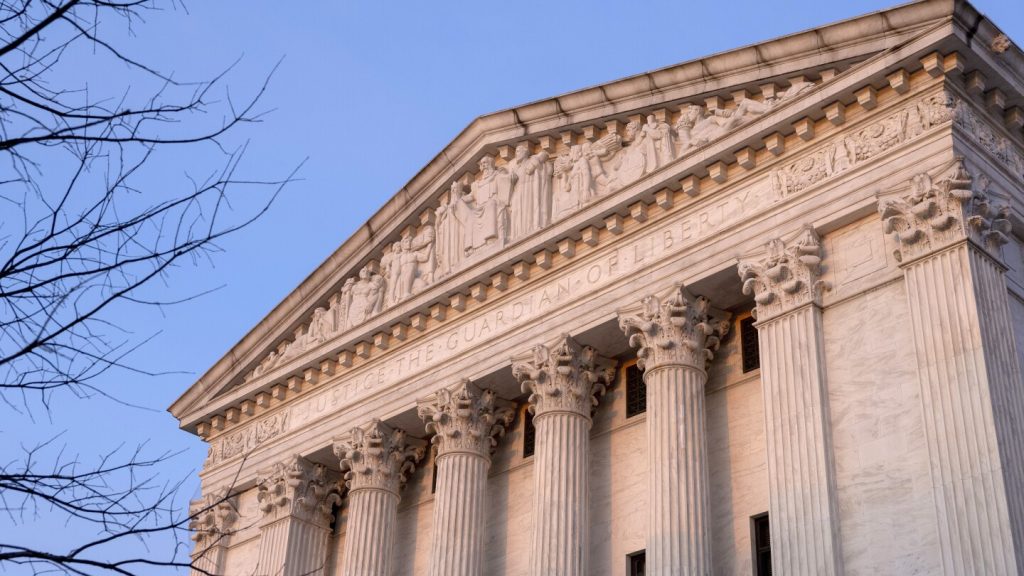The Supreme Court has allowed Idaho to enforce its ban on gender-affirming care for transgender youth while lawsuits over the law proceed, reversing lower court decisions. The law subjects physicians to up to 10 years in prison if they provide hormones, puberty blockers, or other gender-affirming care to people under 18. Despite this, the two transgender teens who sued to challenge the law will still be able to obtain care. The court’s liberal justices wanted to keep the law on hold, while conservative Justice Neil Gorsuch expressed support for reining in a broad lower court order.
The law was previously blocked in its entirety by a federal judge in Idaho, who cited the need to protect the teens identified under pseudonyms in court papers. The ACLU, representing the teens and their families, criticized the Supreme Court’s decision, describing it as “an awful result for transgender youth and their families across the state.” Idaho Attorney General Raúl Labrador defended the law, stating that it ensures children are not subjected to life-altering drugs and procedures, and that denying the biological differences between boys and girls hurts kids.
Gender-affirming care for youth is endorsed by major medical organizations, including the American Medical Association, the American Academy of Pediatrics, and the American Psychiatric Association. Medical professionals define gender dysphoria as psychological distress experienced by individuals whose gender expression does not align with their gender identity. The Supreme Court’s decision comes as they may soon consider bans on gender-affirming care in Kentucky and Tennessee, which have been allowed to be enforced by lower court rulings.
Currently, 23 states have enacted laws restricting or banning gender-affirming medical care for transgender minors, with many facing legal challenges. A federal judge has ruled Arkansas’ ban unconstitutional, while Montana’s ban is temporarily on hold. The states with laws restricting or banning gender-affirming care for transgender minors include Alabama, Arkansas, Arizona, Florida, Georgia, Idaho, Indiana, Iowa, Kentucky, Louisiana, Mississippi, Missouri, Montana, Nebraska, North Carolina, North Dakota, Ohio, Oklahoma, South Dakota, Tennessee, Texas, Utah, and West Virginia. The issue remains deeply controversial and divisive, with advocates on both sides emphasizing the importance of protecting the well-being and rights of transgender youth.


